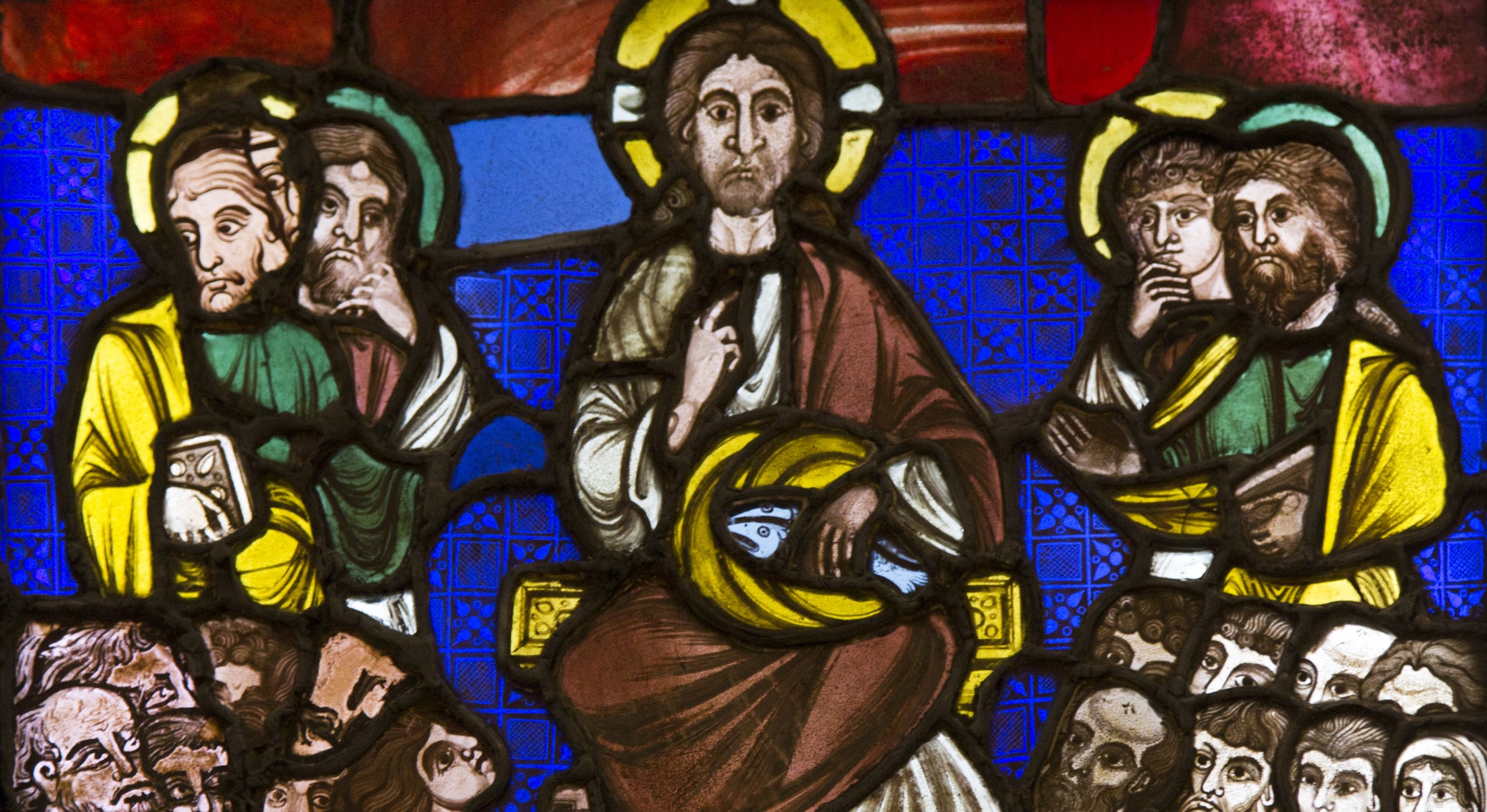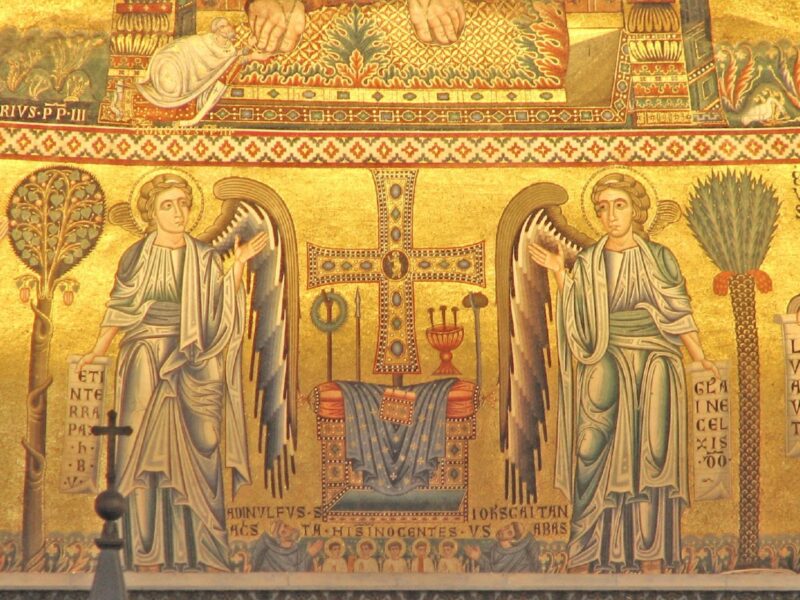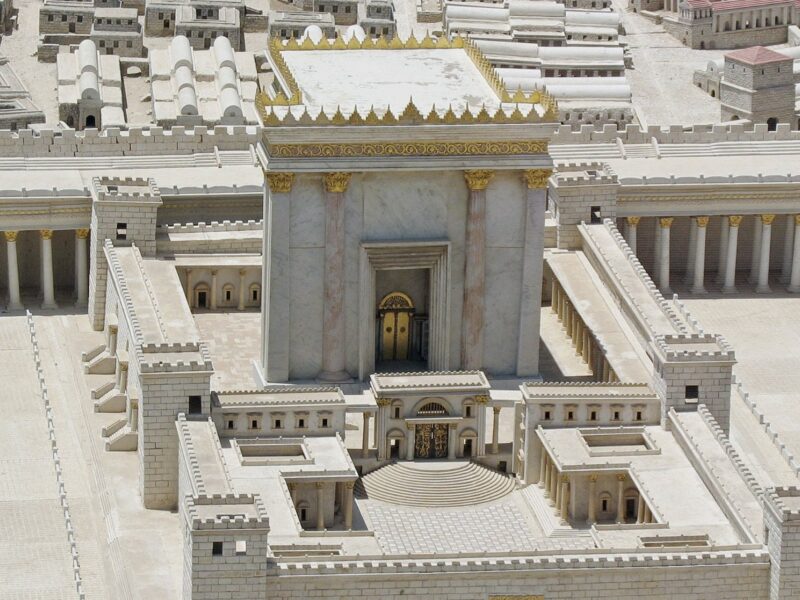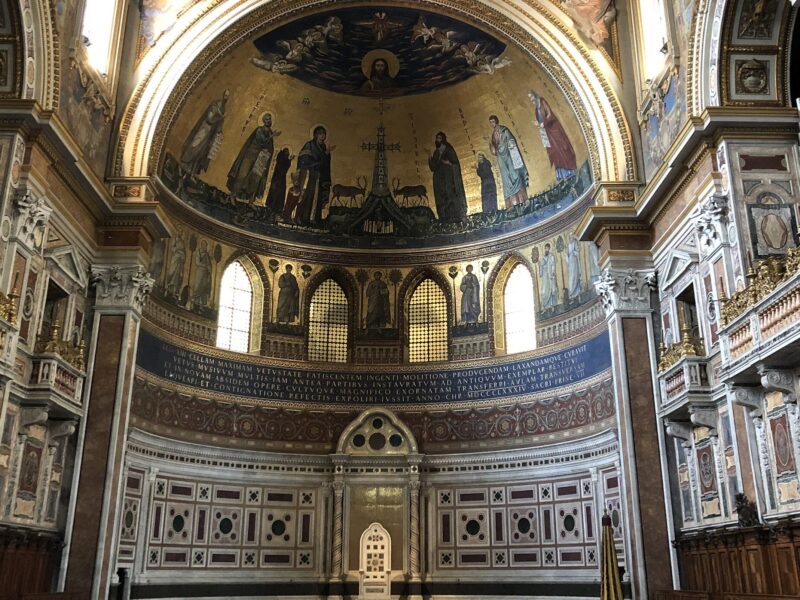
The Vastness of his Presence
Solemnity of Corpus Christi. Fr David Goodill preaches on the liberating power of the Eucharist.
Have you ever had the experience of revisiting a place you knew as a child and finding it has suddenly shrunk? Perhaps you enjoyed a holiday somewhere and when you go back as an adult the place has lost its charm. Is this our collective experience as human beings? That once we lived in a childlike state and the universe seemed large and mysterious, but now we are grown up and something of that childlike magic has gone.
But where did the magic go? When did we lose it? Science is not to blame. Science tells us that the world is vaster and more mysterious than we imagined it to be. It is one thing, however, to know this, but another to live with this truth. Our knowledge of the world has increased and our ability to control our environment has reached levels previously unknown, but we feel increasingly alone and insignificant in this vast universe.
Human beings throughout the ages have experienced this isolation. The first reading from Genesis introduces the mysterious figure of Melchizedech, the ancient priest to whom Abraham pays a tithe. Abraham represents chosen humanity wandering in the desert in search of a place of belonging – with hope in the promise made to him by God. The isolated wanderer is given roots, a place of belonging in this world through his worship of God.
The word ‘religion’ derives form a Latin term that means to bind together and God binds together those who worship him in true religion. Without divine worship there is no religion, nor is there any just and true way to bind people together. The German philosopher Joseph Pieper noted in the twentieth century how certain secular states used quasi-religious symbols and festivals to unite their subjects.
But not only does a lack of religion isolate us from each other, it also isolates us within our own self. Abraham learnt who he was by listening to the voice of God, and offering sacrifice to this true God. How do we find our own identity in the modern world? We are locked within ourselves, and despite all the voyages we go on our horizons are in many respects far more limited than our ancestors.
The Gospel also takes us to a lonely, isolated place. The crowd who have followed Jesus are looking for something. Like us, there may have been many things that drew them to his presence. They are there, and although they are a great multitude they are alone and isolated except when in the presence of Jesus.
The Eucharistic language in the account of the feeding of the five thousand is clear to see – Jesus takes the bread, blesses and breaks it. The physical feeding here foreshadows the spiritual food we receive in the Eucharist. And just as Jesus Christ here enters into the midst of this isolated crowd, each time we celebrate Mass he enters into the midst of our community and binds us to himself and each other, as he offers himself in sacrifice to his Father.
No longer are we alone in the world, no longer is the question ‘who am I?’ a burden, but it becomes a liberation, for each one of us learns who we are by sharing in Christ’s sacrifice. It is a freedom, but a freedom which roots us and gives us a place of belonging. It is a spiritual freedom, but one which is also bodily because we find our place of belonging in the body of Christ. A freedom that liberates us to live in a world vaster than the universe; the divine friendship to which Christ reconciles human beings and raises our human nature so we can share eternally in his love.
Receiving his body and blood incorporates us into him, makes us like him, so that our own bodies are not mere carriers for a soul which will one day escape the bounds of the physical. Through receiving his body and blood our bodies are to share in the glory of his resurrection. We are strangers in this world, but never abandoned, for through Jesus Christ all that is good, all that is most precious in life, is transformed and eternally offered in love to his heavenly Father.
Readings: Genesis 14:18-20 | 1 Corinthians 11:23-26 | Luke 9:11-17
Image: detail from a medieval stained glass window in the Victoria & Albert Museum, London, photographed by Fr Lawrence Lew OP



Silvia Levrero- von Sanden
Thank you for your clear enlightning words. I am an 88 years old widow with no direct family, living in a home and veey often find myself not understanding the rest of humanity. Thanks be to our Lord for the gift of faitth and his Love and presence in the Holy Sacrament!
Terry
God bless you Silvia and we blessed by your strong faith
Thank you for your example